Communal Award, Poona Pact & Government of India Act of 1935
Lord Willingdon (1931-1936)
- The second Around Table Conference, 1931
- Restarting of the Disobedience Movement, 1931
- The communal award, 1932 & the Poona act
- Third Round Table Conference, 1932
- The Government of India of 1935
Communal Awards
- The Communal Award was announced by the British Prime Minister, Ramsay MacDonald, in August 1932.
- This was yet another expression of British policy of divide and rule.
- The Muslims, Sikhs and Christians had already been recognised as minorities.
- The Communal Award declared the depressed classes also to be minorities and entitled them to separate electorates.
Gandhi’s Reaction to Communal Awards
- The effort to separate the depressed classes from the rest of the Hindus by treating them as separate political entities was vehemently opposed by all the nationalists.
- Gandhi saw the Communal Award as an attack on Indian unity and nationalism.
- Once the depressed classes were treated as a separate political entity, he argued, the question to abolishing untouchability would get undermined
- He said that separate electorates would ensure that the untouchables remained untouchables in perpetuity

Gandhi demanded that the depressed classes be elected through joint and if possible, a wider electorate through universal franchise, while expressing no objection to the demand for a larger number of reserved seats. And to press for his demands, he went on a fast unto death in the Yeravada jail.
Poona Pact
- Finally, an agreement was reached between Dr Ambedkar and Gandhi, Known as the Poona Pact
- Accordingly, seats reserved for the depressed classes were increased from 71 to 147 in provincial legislatures and 18 % of the total in the central legislature.
- In every province out of the educational grant an adequate sum shall be ear-marked for providing educational facilities to the members of Depressed Classes.
- The Poona Pact was accepted by the Government as an amendment to the Communal Award.
B R Ambedkar
- He was a jurist, a statesman, a social reformer and a leader of the depressed classes.
- He was born in Mahar caste in Mahu (M P) in 1891.
- He went for higher studies to England and America.
- He was the first graduate of Mahar caste.
- He participated in all the three Round Table Conferences.
- He signed Poona Pact with Gandhi Ji in 1932.
- From 1942 to 1946, he was in the Executive Council of the Governor General.
- He organized the Indian Labour Party, Scheduled Caste Federation and People’s Education Society.
- He was the chairman of the Drafting Committee of our Constitution.
- He also piloted the Hindu Code through the Indian Legislature.
- From 1947 to 1951, he was a law minister in Nehru’s cabinet.
- Towards the end of his life he embraced Buddhism.
The Government of India Act, 1935
Government of India Act of 1935 was passed on the basis of –
- the report of the Simon Commission
- the outcome of the Round Table Conferences
- the White Paper issued by the British Government in 1933
Main features of this act were –
- Provision for the establishment of an All India Federation at the Centre, consisting of the Provinces of British India and the Princely States
- It did not come into existence since the Princely States refused to give their consent for the union
- Division of powers into three lists viz. Federal, Provincial and Concurrent.
- Introduction of Diarchy at the Centre
- The Governor-General and his councilors administered the “Reserved subjects”
- The Council of Ministers were responsible for the “Transferred” subjects
- Abolition of Diarchy and the introduction of Provincial Autonomy in the provinces.
- The Governor was made the head of the Provincial Executive but he was expected (not bound) to run the administration on the advice of the Council of ministers.
- Provincial Legislatures of Bengal, Madras, Bombay, United Provinces, Bihar and Assam were made bicameral.
- Extension of the principle of Separate Electorates to Sikhs, Europeans, Indian Christians and Anglo Indians
- Establishment of a Federal Court at Delhi with a Chief Justice and 6 judges.
For more updates, explore the Ancient India History. Feel free to share your thoughts and comments.
If you’re passionate about building a successful blogging website, check out this helpful guide at Coding Tag – How to Start a Successful Blog. It offers practical steps and expert tips to kickstart your blogging journey!
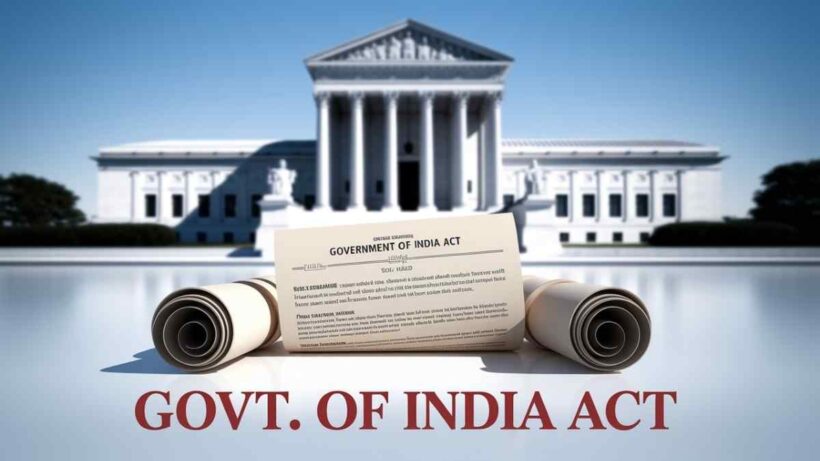
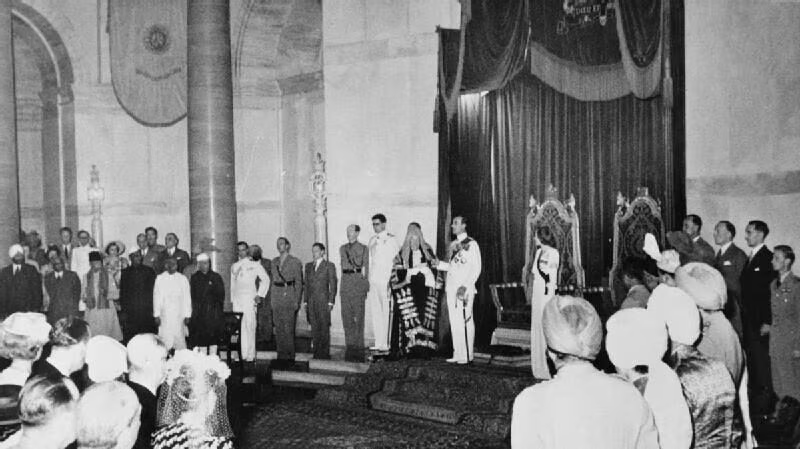
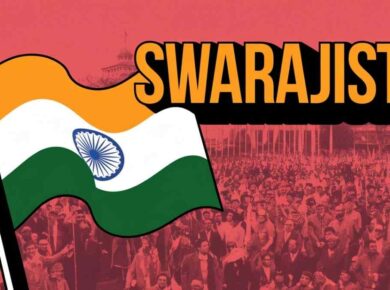
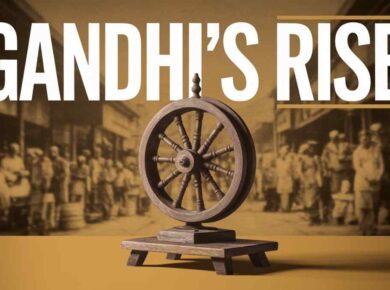
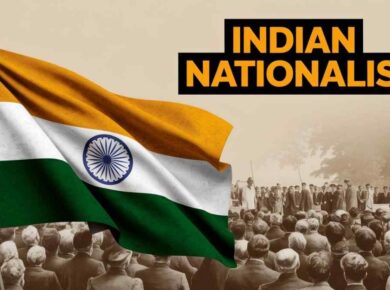
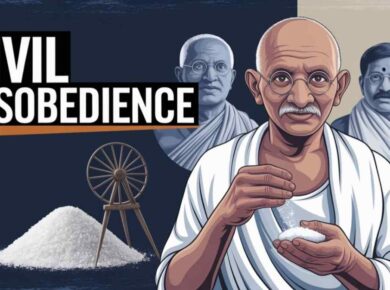
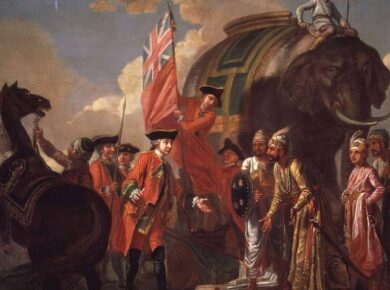
1 comment
thankyou very much to share the knowledge.